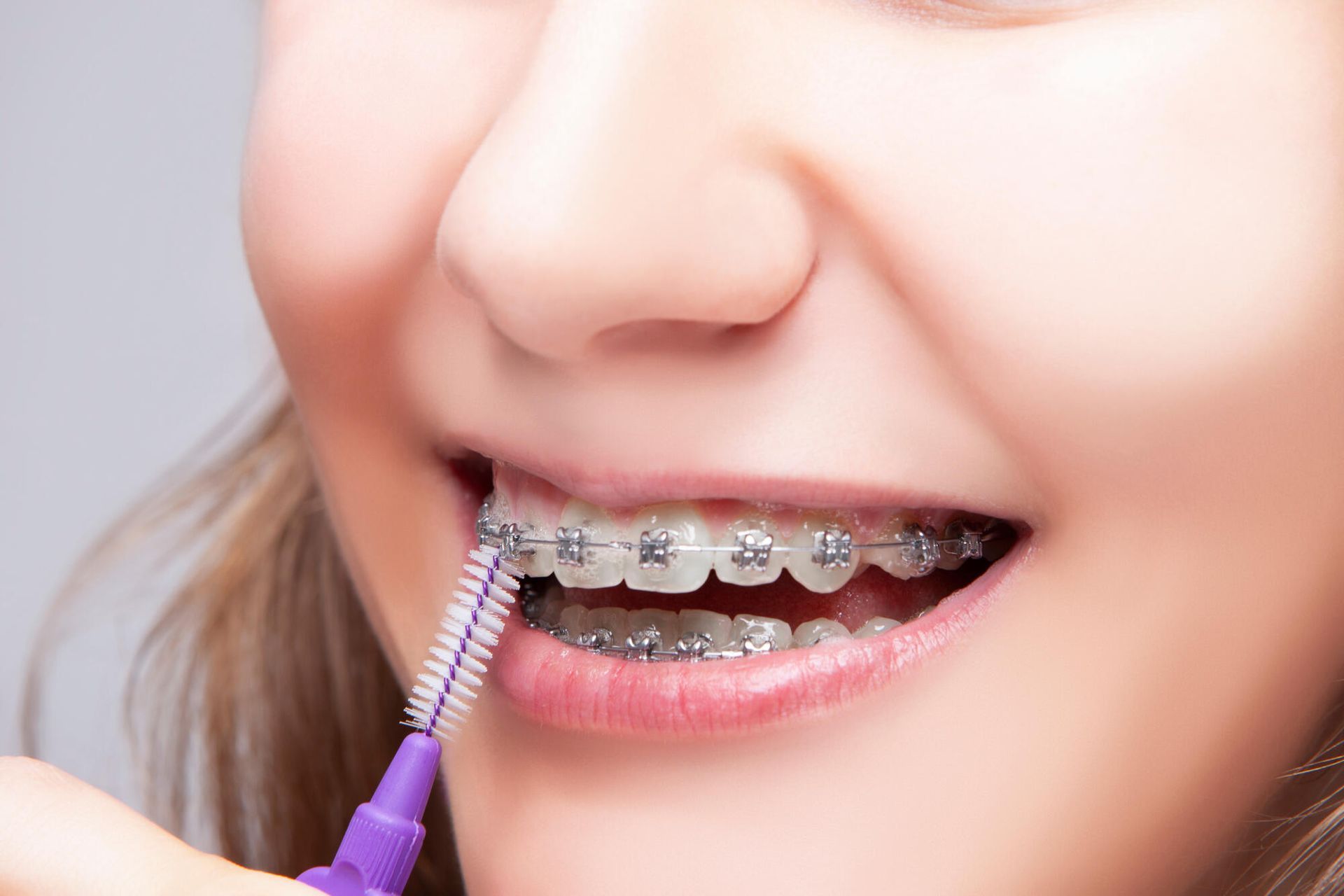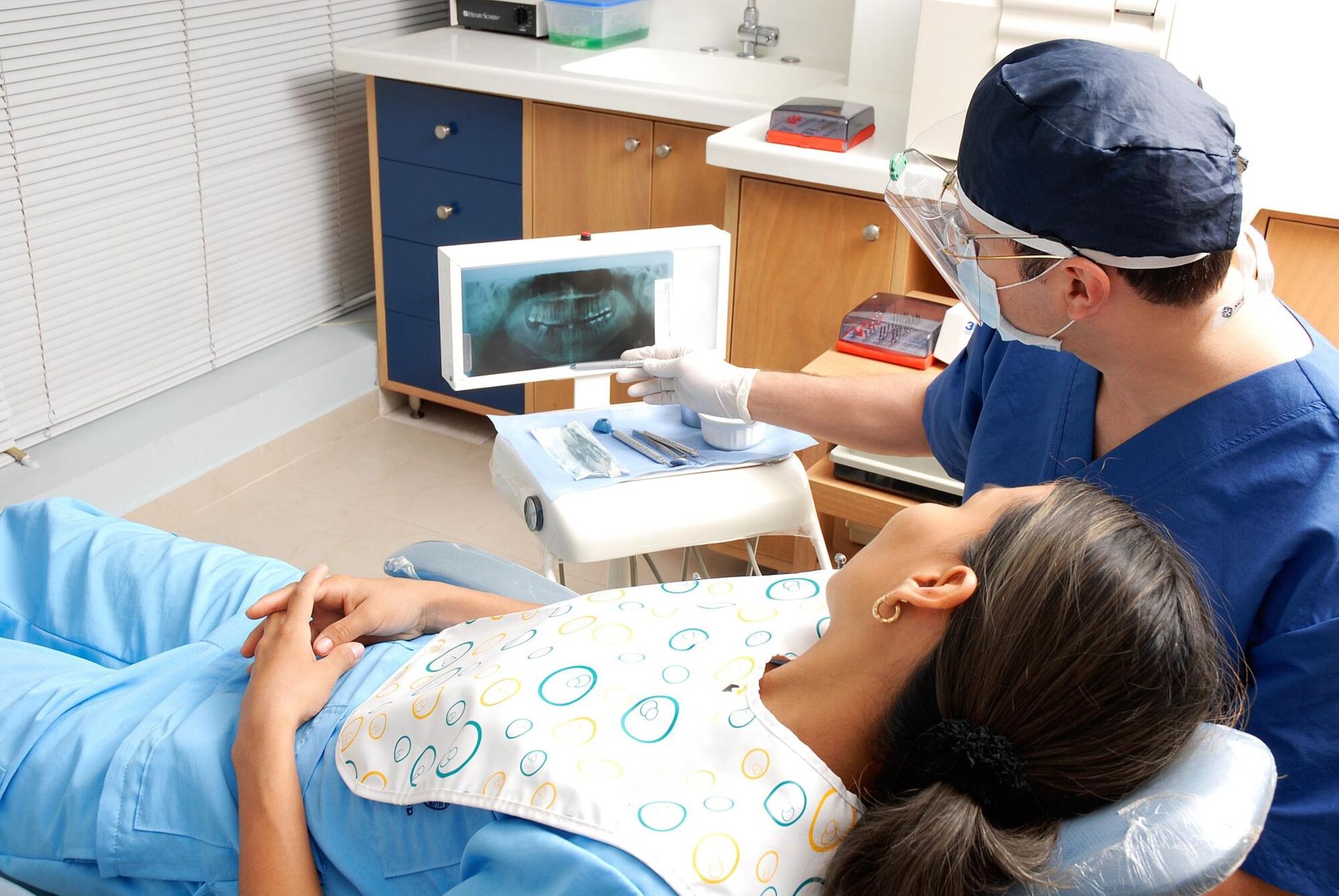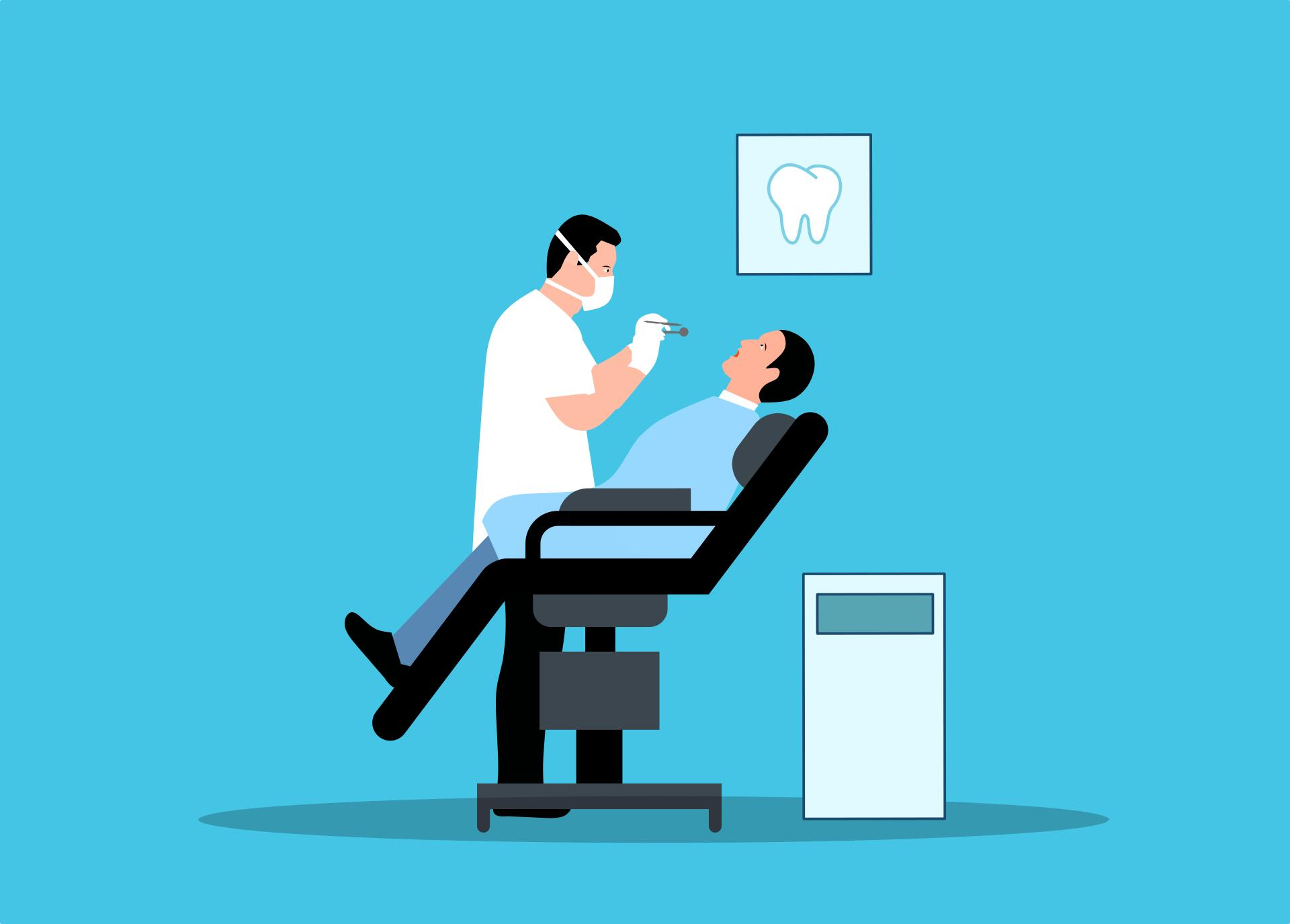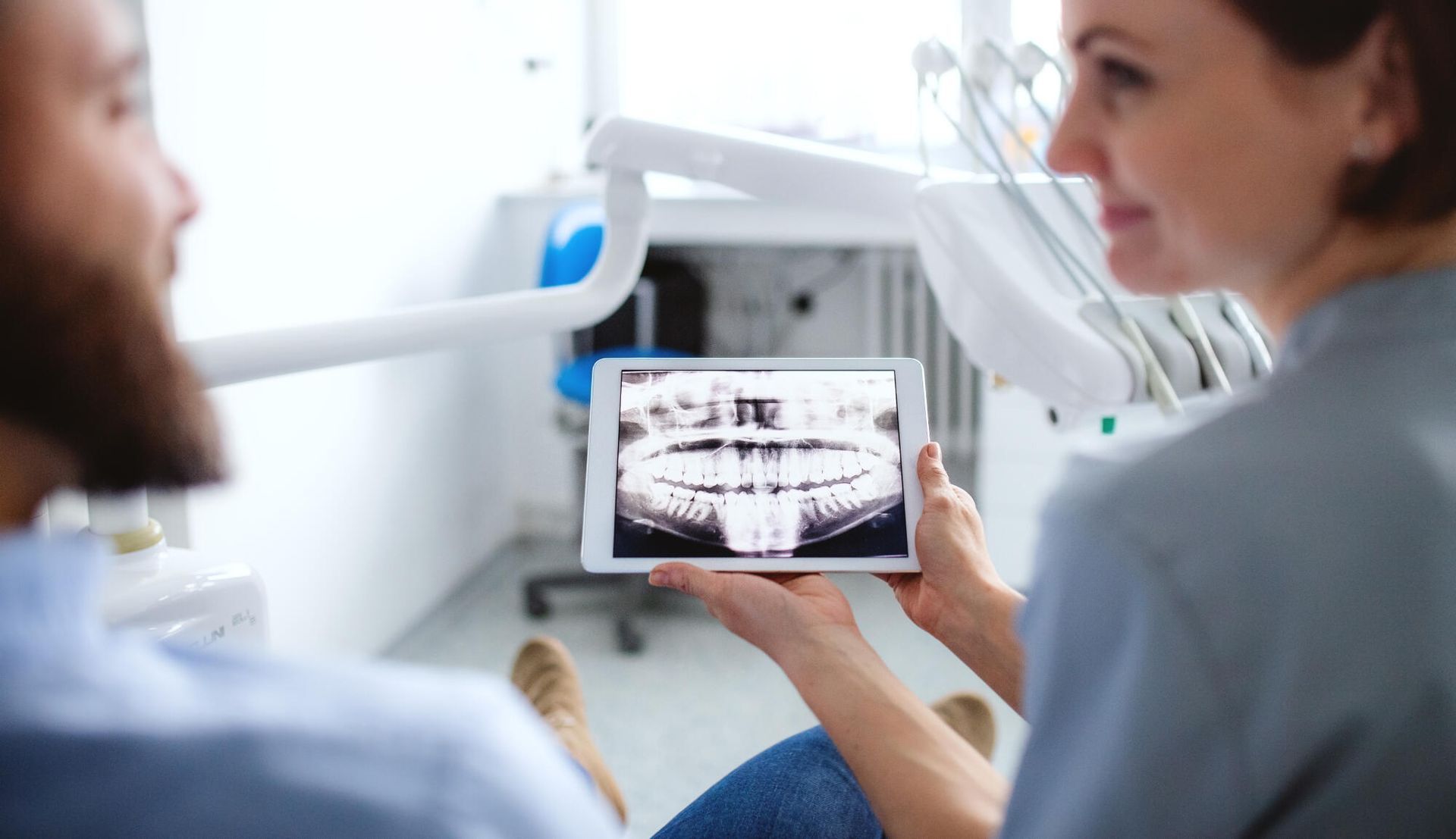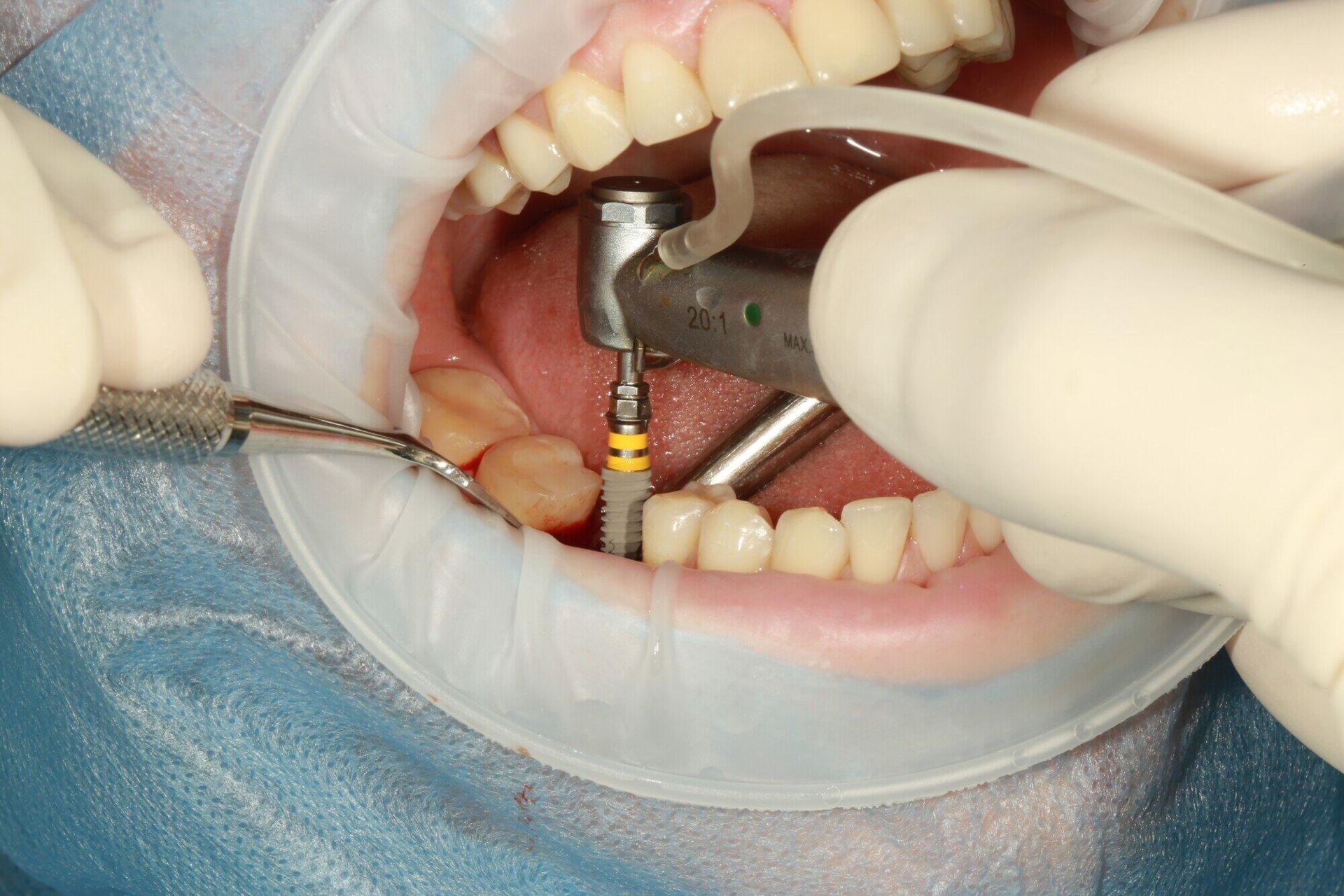What to Expect When Getting Dental Implants
There's no need to postpone a dental implants procedure! Learn what to expect from the process and how to find the right dentist here.
By age 50, Americans have lost an average of 12 teeth. There are many potential reasons for tooth loss, but there's now a fantastic solution: Dental implants.
Dental implants don't just restore your smile. They also protect your jawbone, protect your surrounding teeth, and make it easier to eat and speak. Are you considering getting dental implants to replace missing teeth?
Let's talk about what you can expect from the procedure. Read on to learn more.
Initial Appointment
When you first make an appointment for your dental implant procedure, the dentist will give you a full evaluation and discuss your personal needs and goals for your teeth to determine whether or not dental implants are right for you at this time.
During this stage, the dentist may talk to you about the pros and cons of implants vs dentures for your specific situation; they'll talk to you about the dental implants cost and the types of dental implants that would work best for you.
You'll have an x-ray and oral exam and you'll discuss your health history. It's helpful if you're getting your dental implants at the same place you have your general dentistry procedures so your information will already be on file.
There may be potential issues that will prevent you from getting dental implants at this time. These include (but are not limited to):
- Gum disease
- Diabetes
- Leukemia
- If you're a current smoker
If you have something getting in the way of your procedure, ask your dentist about your options.
If you're a good candidate for dental implants and you confirm that they're the right choice for you, your dentist will set your next appointment.
Preparation for the Dental Implant Procedure
So what should you do in the meantime between your initial exam and your dental implant procedure?
Make sure you're in good health. Eat well and get plenty of rest in the days leading up to your procedure. This is surgery, and you want to give your body the best chance of healing quickly.
The dentist may prescribe medication to take in the days leading up to the procedure. This is not always the case. Make sure you follow your dentist's instructions.
In most cases, eating is not advised before the procedure. If you will be going under anesthesia, you should not eat anything after midnight on the night before your surgery.
Have someone available to drive you to and from your appointment to make sure that you're safe.
Tooth Extractions and Bone Grafts
This isn't necessary for everyone, but it is possible.
If you haven't yet had your problematic tooth extracted, you will need to do so before the procedure. In some cases, oral surgeons can do this on the same day as phase one of the procedure. This isn't always an option, but your oral surgeon will discuss this with you during your initial appointment.
You need to have a strong jawbone to support a dental implant. Some people require bone grafts beforehand to make sure that a dental implant will hold. You will need to wait for the
bone graft to heal before you can start phase one of the procedure.
Phase One
This is the phase in which the oral surgeon will place the actual implant itself.
The dentist will start with local anesthetic and, in many cases, sedation. This way, you won't feel any pain during the procedure when they're placing the implant.
They'll make a small incision in your gums so they can place the metal implant in your jawbone. They'll then close your gums over the implant so it can start to heal.
You will need to wait several months before you're able to move on to phase two. During this period, your implant is integrating with your jawbone so it can stay in place once the dentist places the final crown.
The waiting period may seem long, but it's worthwhile.
Phase Two
During phase two, the oral surgeon will place an abutment. In some cases, this phase will happen at the same time as phase one, but this is case-by-case.
The abutment is what connects the implant to the crown.
The oral surgeon will also take a mold of your teeth once everything is healed. They may also take some photos to ensure they get an accurate shape and color match, so your new crown looks just like your natural teeth.
Phase Three
Finally, it's time for you to get your crown. Placing the crown is a quick and easy process, and you'll leave with your new finished smile.
You may need to set up a follow-up appointment. Talk to your oral surgeon about their recommendations regarding recovery to ensure that all goes well.
What to Expect After the Procedure
Once your implant is in place, it will function just like a normal tooth. It may feel strange at first, especially if you've been living without a tooth there for several years.
You can eat and drink normally. You should treat your new "tooth" just like you treat the rest of your teeth. As long as you maintain good oral hygiene, you'll have it for the foreseeable future!
Are You Ready for Dental Implants?
Dental implants are getting more common every day. They're a fantastic solution to tooth loss, and they're the best way to mimic natural teeth. Are you ready for your dental implant procedure?
If so, we want to meet you! When you need a dentist in Cicero, IL, with plenty of experience with dental implants, we'll be here. Contact us to set up an appointment today.





